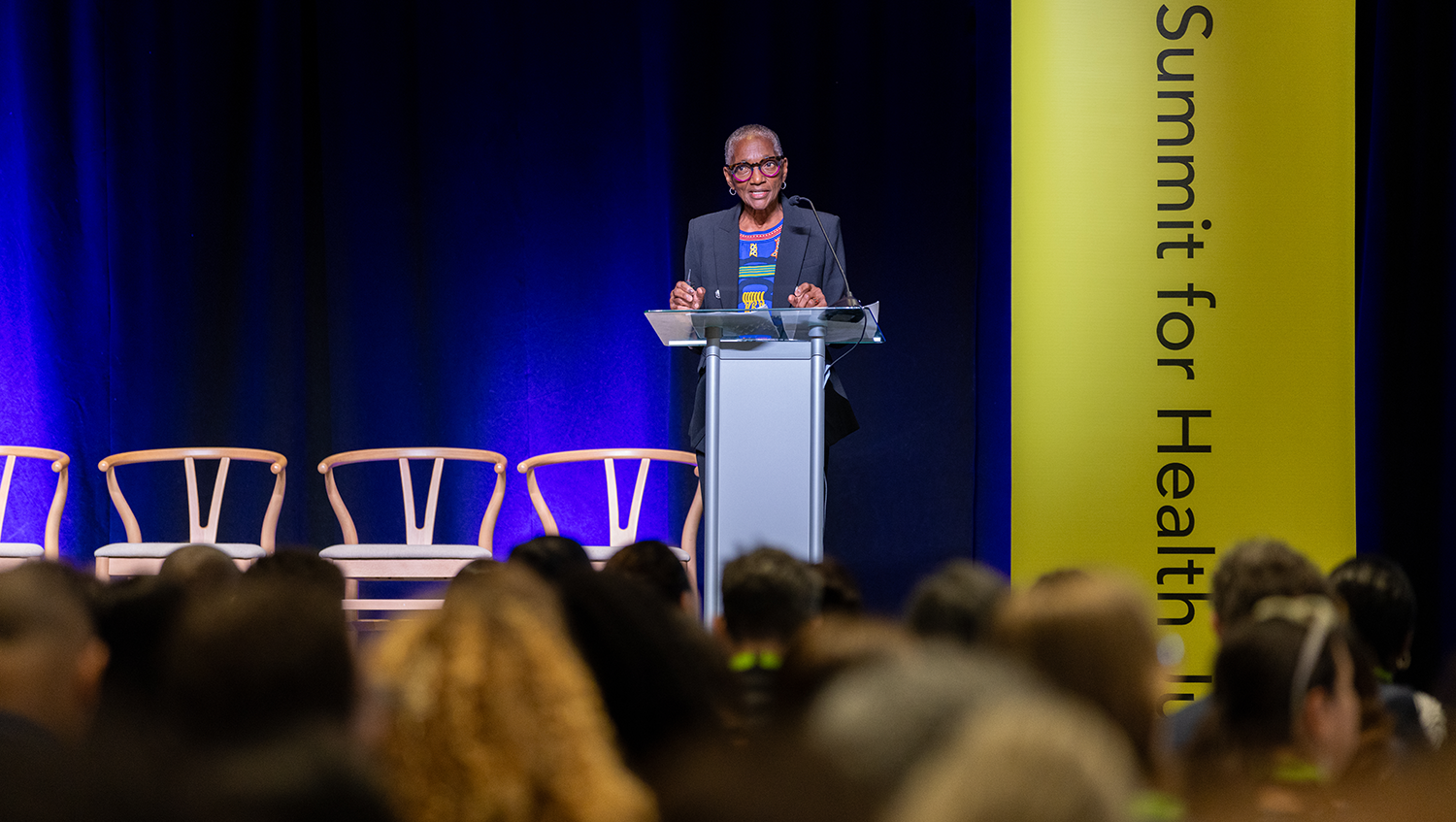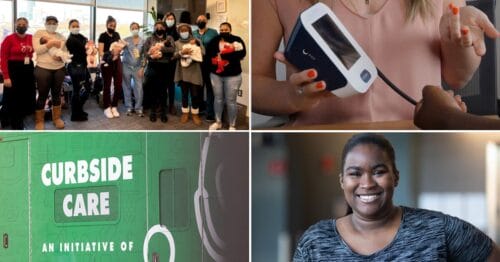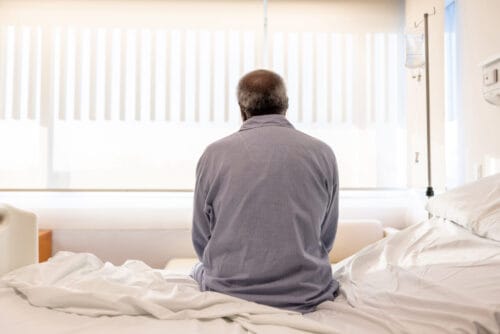"Reject Futility": BMCHS's Health Justice Summit Opens With a Potent Message of Hope
September 14, 2023

Jeff Fernandes, Boston Medical Center
"People who say it can't be done should get out of the way," said keynote speaker Harriet A. Washington about achieving true health equity.
Boston Medical Center Health Systems’ inaugural summit for health justice, EQTY 2023, kicked off today, and the clear message was that not only is health equity possible, but that also we need to ambitiously pursue it, changing systems and perceptions that are working against true justice in healthcare.
EQTY 2023: A Summit for Health Justice is a one-day conference convening health equity leaders and innovators across the U.S., hosted by Boston Medical Center Health System (BMCHS), specifically its Health Equity Accelerator. Its aim is to explore the past, present, and future of health justice and share ideas and innovations that are advancing racial health equity.
The day began with opening remarks from BMCHS President and CEO Alastair Bell, MD, MBA followed by Thea James, MD, MBA, co-executive director of the Health Equity Accelerator and vice president of Mission at BMCHS.
“To begin, I would be remiss if did not say out loud that inequity is drawn into fabric of America,” James said in her opening remarks to an audience of hundreds of attendees. James continued to say that to work toward advancing racial health equity, we all need to be audacious in turning the mirror on ourselves as hospitals, health systems, and other health centers, to see where we are lagging in health equity and actively pursue change.

Harriet A. Washington delivers the keynote address for EQTY 2023: A Summit for Health Justice at Artists for Humanity in South Boston (Credit: Jeff Fernandes, Boston Medical Center)
But her message was not one of pessimism, despite how deeply ingrained racial inequity is across societies and systems in the U.S. Instead, James spoke about how she hopes attendees feel during and after the event.
“It is our sincere hope that every individual in this room is replenished, regenerated, and reinvigorated by today’s series of conversation, so that each of us can continue to advance the work that nourishes our Black and brown communities and address health injustice,” she said.
The hopeful and charged atmosphere in the room only continued when keynote speaker Harriet A. Washington began her address. Washington, a medical ethicist and author of the seminal book Medical Apartheid, opted to forgo the stage to sit among the attendees on the conference floor, indicating that she hoped to begin a real conversation on the history of racial injustice in healthcare and how that history is “persistent and insidious” still today — as showcased by the COVID-19 pandemic response, particularly.
Washington was clear on the need for accountability built into healthcare systems, as well as consequences for those who fail to maintain ethical standards in care, such as the ingrained practice of racial bias in treating pain. Attendees were on their feet as Washington wrapped up her remarks with a message of hope — but not of passive optimism. Instead, she spoke of an intentional, powerful, and ambitious agenda of fighting for racial health equity.
“The last thing I have to say is reject futility. I trained at another university not far from here and that’s what struck me. I was always being told ‘We want to do this. We know it’s a great thing, but we can’t. We don’t have that kind of money’ You’re starting from a position of ‘We’re not going to do it,’ but we need to start from a position that we can do it. Reject futility,” Washington said, as attendees stood to clap. “It’s easy to say nothing can get done, and if you say it, nothing will get done. I urge the people who say it can’t be done to get out of the way and let us proceed.”


